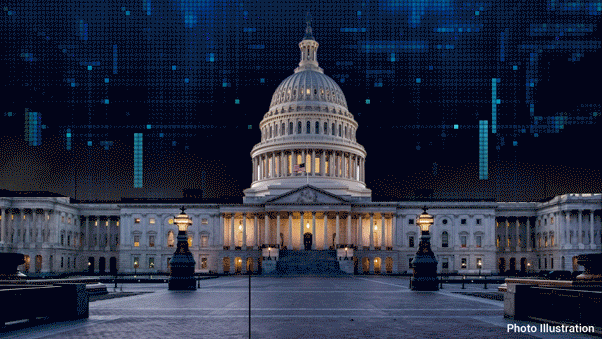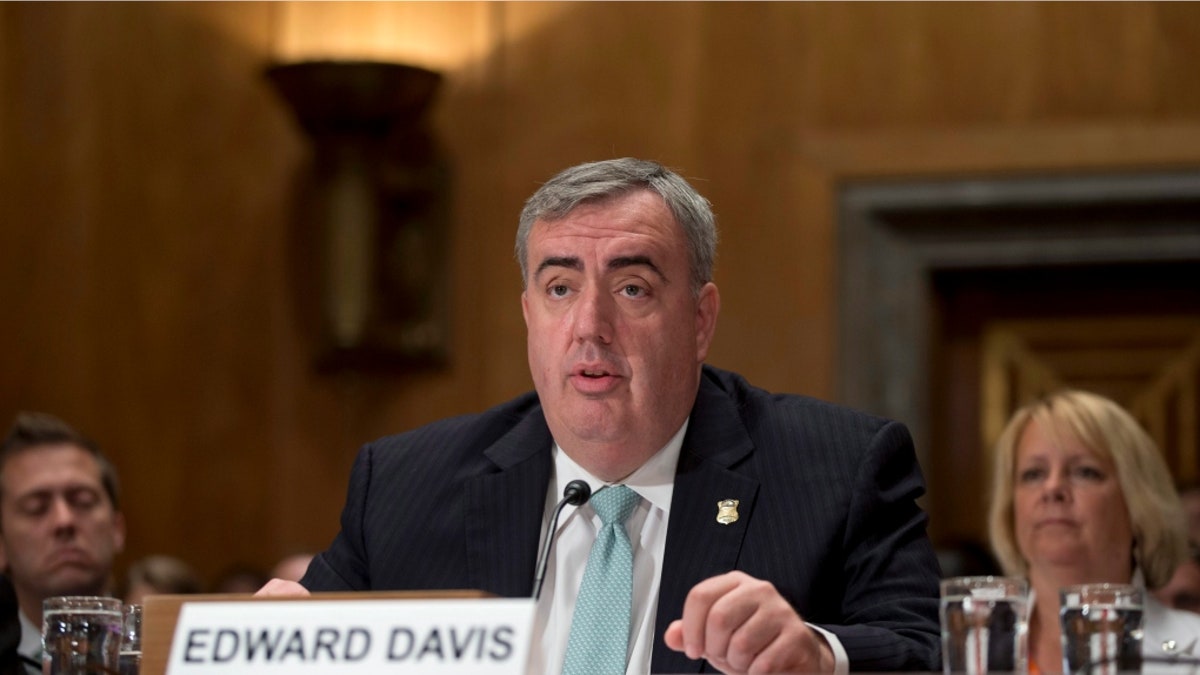Artificial intelligence (AI) is rapidly transforming the landscape of public safety, promising enhanced security measures but also raising concerns about potential misuse. A recent analysis by Insight Partners projects a significant increase in U.S. public safety AI spending, surging from $9.3 billion in 2022 to a staggering $71 billion by 2030. This growth is attributed to various factors, including escalating global and domestic terrorism threats, heightened demand for security training, and evolving public safety needs in the post-pandemic world.
The study highlights AI's potential to revolutionize crisis management and community protection, ranging from emergency response to disaster prevention. Advanced algorithms, machine learning, and predictive analytics empower first responders and public safety officials to make data-driven decisions, expedite emergency responses, and proactively mitigate disasters.

However, the rapid advancement of AI also presents significant risks. Experts caution about the potential for malicious use, with some even warning of existential threats. Haywood Talcove, CEO of LexisNexis Risk Solutions' government division, predicts over $1 trillion in AI-assisted fraud within the next year if the U.S. fails to take swift action. While alarming, Talcove also points to a "silver lining": the same technology can be leveraged for defensive purposes. He advocates for measures like multifactor authentication and behavioral biometrics to counter AI-driven fraud.

The Insight Partners analysis emphasizes the positive applications of AI in public safety. AI-powered drones can assess damage from natural disasters, providing real-time information to emergency responders. Sophisticated algorithms can analyze data to predict and prevent disasters by identifying potential risks and vulnerabilities. This allows officials to take proactive measures such as reinforcing infrastructure, evacuating residents, or strategically deploying resources.

AI-powered security cameras and video analytics offer further applications in preventive policing, criminal investigations, and counterterrorism efforts. The report underscores AI's potential to address a wide range of public safety concerns, from bolstering airport security and combating crime to predicting natural disasters and tracking infectious diseases.

Former Boston Police Commissioner Ed Davis suggests that AI technology could have potentially prevented the 2013 Boston Marathon bombing by identifying anomalies and alerting authorities to emerging threats. He highlighted the significant advancements in security measures since then, including improvements in cybersecurity, border security, and emergency response planning, driven by technological advancements, comprehensive planning, and increased public awareness.
Comments(0)
Top Comments